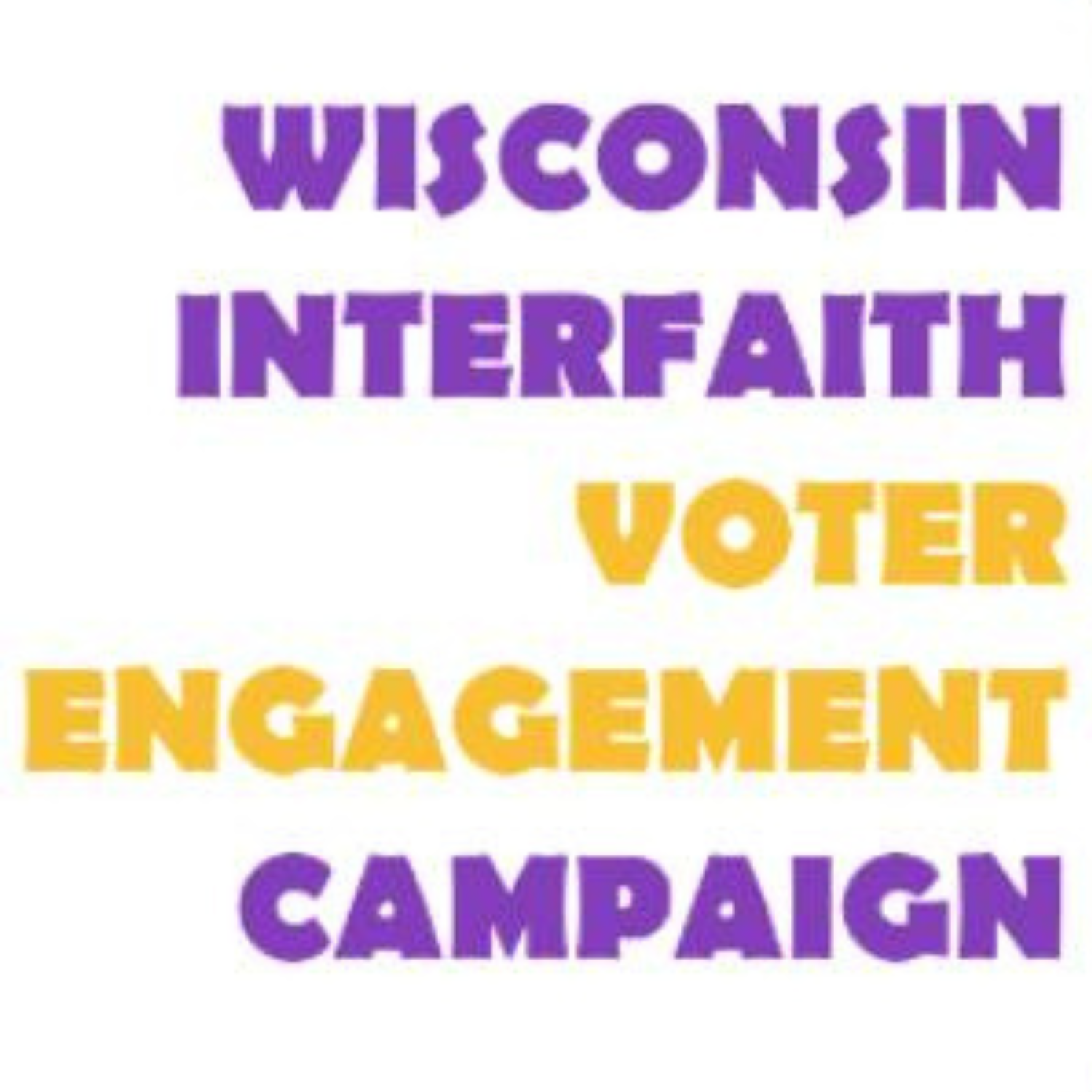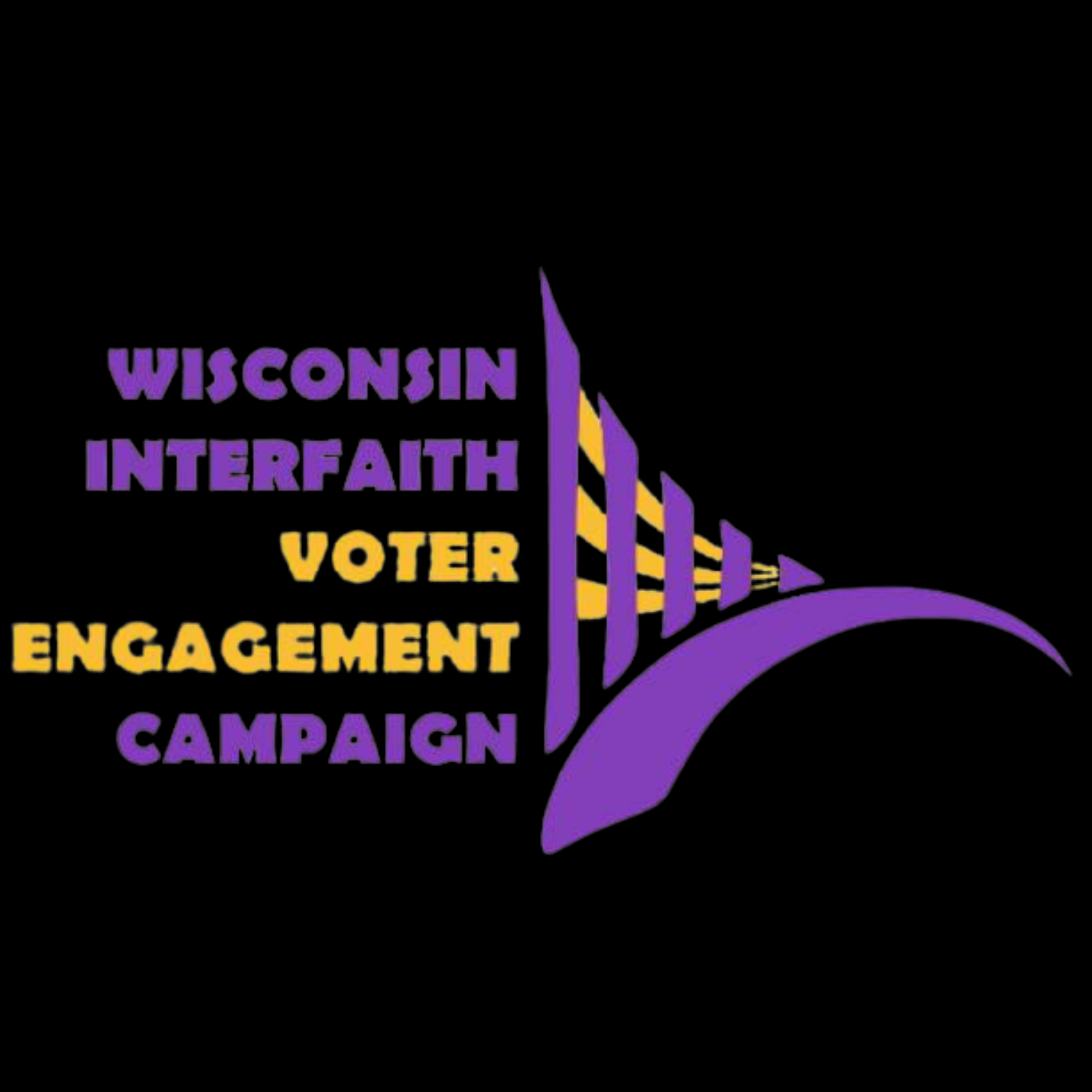THIS IS SOME OF THE STORY OF THE LAND WE ARE ON
By the time Europeans came to the area we now know as Wisconsin, the early mound building cultures had disappeared from this area, leaving traces of their sacred rituals on the land.
The cultures we know are those from the first European incursions into this area. The land our churches and communities are on is Očhéthi Šakówiŋ (oh-chey-tee shah-koh-WEEN), which means “Seven Council Fires.” It is Menominee, which means “Wild Rice People.” It is Anishinaabe, which means “original person”. The lands and waters are sacred.
The story of the land is also the story of the people. The people of this land are the Ojibwe, Potawatomi, Oneida, Menominee, Mohican, Ho-Chunk, and Brothertown. Not all came to this place voluntarily. Some were forced into what we now call Wisconsin. Some were forced across it. Some were forced out of it and found ways to return.
Wisconsin’s native languages are many. Some are extinct. Some have survived. Some are being carefully nurtured and taught that they might live to share sacred stories and everyday life with future generations.
We need to know the stories of this land and its people. We need to know how beginning in 1804 land was relinquished by tribal nations in treaties whose terms were unfair and not upheld; and how land was also taken by force. Settler colonizers representing the government carried out genocide, ethnic cleansing, and forced removal. The Indian Removal Act of 1830 was used to enable many atrocities. The land taken was divided and used for military purposes, or commerce, or for white settlers. The First Nations lost water rights and access to their homes, the places where their ancestors lived and rested. The legal, financial, and social consequences of these removals continue.
The church was not innocent in this work. Empowered by Christian tradition, we have entangled ourselves with the work of empire, sending missionaries, some of whom coerced conversion and disrespected the personhood of those they encountered. Some Christian traditions gained a foothold here in Wisconsin because of the forced relocation of Native peoples who had already converted to Christianity.
Many of the member traditions of the Wisconsin Council of Churches, and their predecessors, supported the system of residential schools which systematically stripped American Indian children of family, culture, and language, in an attempt to integrate them into whiteness. These schools were sources of death and destruction, and created generational trauma for families whose children were sent there. This is not a long-ago history. Its effects continue to this day. Some of the survivors of these schools are still among us.
Despite the harm we have wrought, the First Nations of Wisconsin are still here. Some are part of the church. Some practice traditional ways. They nurture the land and water, participate in their communities, contribute to the well-being of the state and their Nations, and celebrate the ongoing gift of life as part of the human family.
We confess this truth and claim these commitments:
Our ability to gather, worship, learn, and establish our presence as a church came at great expense to the original inhabitants of this land. We recognize their descendants. We honor their resilience. We commit to concrete actions that will begin to restore the distorted relationships between us. We owe attention, time, relationship and resources to those from whom we have stolen so much.
Please join us.


